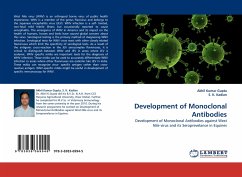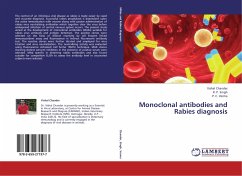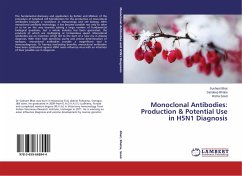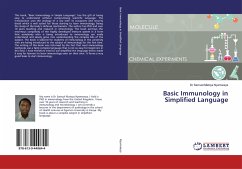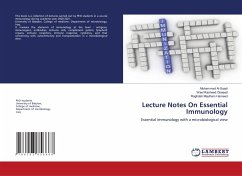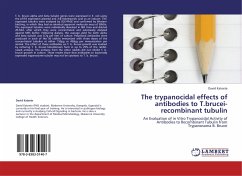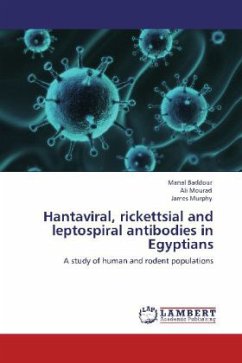West Nile virus (WNV) is an arthropod borne virus of public health importance. WNV is a member of the genus Flavivirus and belongs to the Japanese encephalitis virus (JEV). WNV infection is a self- limited, non-fatal mild febrile illness but occasionally reported to cause encephalitis. The emergence of WNV in America and its impact on the health of humans, horses and birds have caused global concern about this virus. Serological testing is the primary method of diagnosing WNV infection. Serological tests for WNV cross react with other closely related flaviviruses which limit the specificity of serological tests. As a result of the antigenic cross-reaction in the JEV serocomplex flaviviruses, it is critical to distinguish between WNV and JEV in areas where JEV is endemic. WNV specific mAbs are important tools for the diagnosis of WNV infection. These mAbs can be used to accurately differentiate WNV infection in areas where other flaviviruses are endemic like JEV in India. These mAbs can recognize virus- specific antigen rather than cross-reactive antigen. WNV-specific mAbs might be useful in development of specific immunoassay for WNV.

